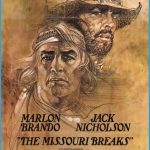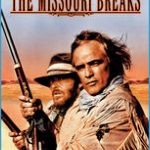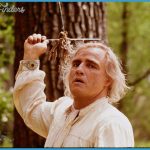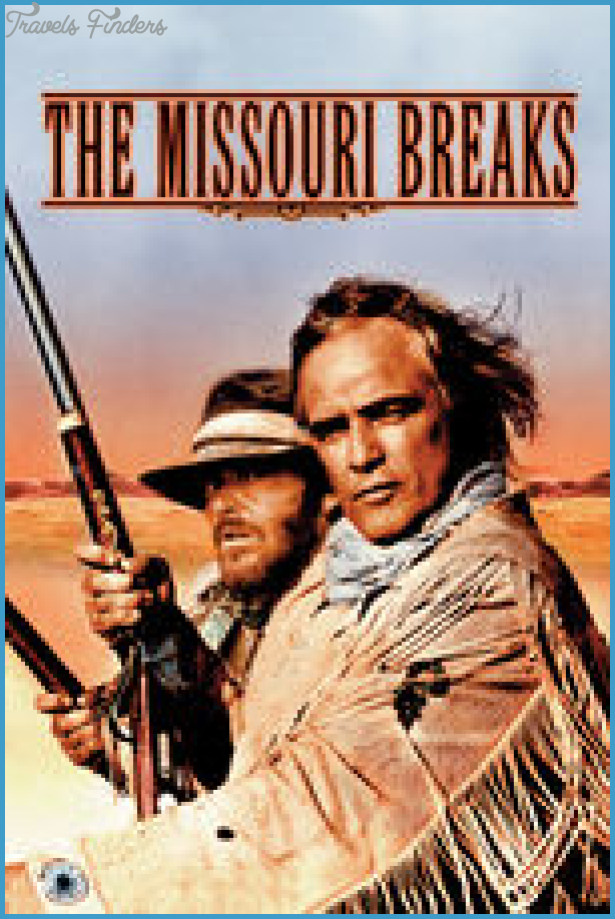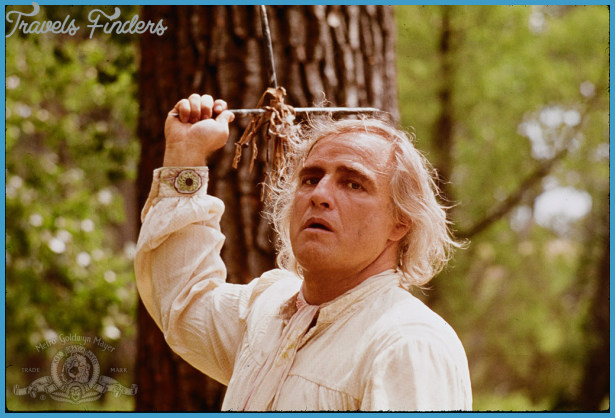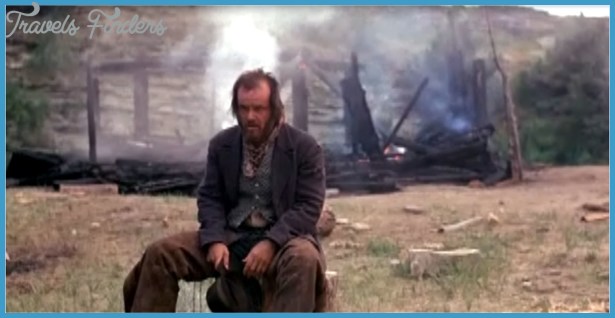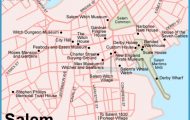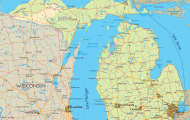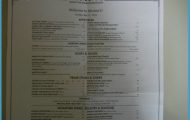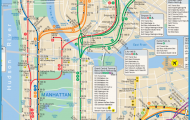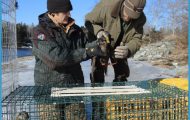Winifred to Charles M. Russell National Wildlife Refuge ESTIMATED LENGTH: 92 miles
Highlights: Missouri Breaks, Charles M. Russell National Wildlife Refuge, Winifred Museum, McClelland Ferry, Woodhawk Trail
Getting there: From the south, each route that leads to the byway starts at Big Timber Exit 367 if you’re coming from the west, 370 from the east. Drive north on US 191 through Harlowton and Lewistown to Hilger. Here you’ll have to decide between taking County Road 236 directly north 23 miles to Winifred or continue on US 191 to just before the Missouri River. Looking west on Knox Ridge Road you’ll quickly be able to tell whether the dirt road is navigable; it can be extremely soupy here after a rainstorm.
It doesn’t take much imagination to contemplate bygone eras on the snow-white coulees of the
Missouri Breaks. After all, little has changed in the two centuries since Lewis and Clark arrived at these forbidding badlands, and barely a century has passed since the flight of the Nez Perce ended a few miles to the north. The modern world doesn’t spend much time here, except in canoes, kayaks, and rafts plying the lazy waters of the Wild and Scenic Missouri River and the occasional pickup kicking up dust on the Charles M. Russell National Wildlife Refuge. In a state renowned for its solitude, ruggedness, and raw beauty, the Missouri Breaks has few peers.
First, a warning: The entire route might not be navigable, even in July or August. A good rainstorm can turn parts of the road to gumbo, and even if you have a high-clearance and/or four-wheel-drive vehicle, you could wind up stuck a long way from anywhere. The closest town of any size is Lewistown (pop. 5,813), 37 miles from the route’s hub in Winifred (pop. 156). If the weather has been rainy or it’s threatening to storm, save your trip for another day. If negotiable, however, this route provides a marvelous glimpse of the famed White Cliffs of the Missouri and vast grasslands of both the wildlife refuge and the Upper Missouri River Breaks National Monument.

